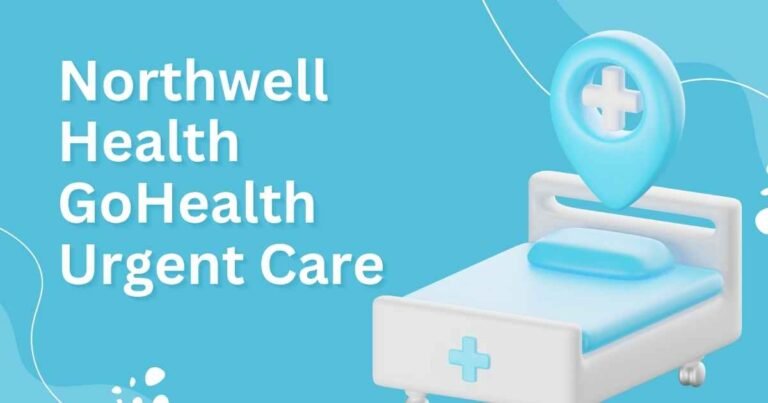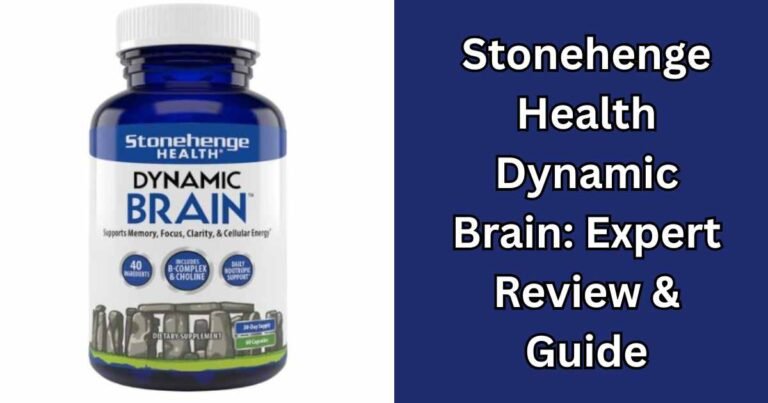Boost Immunity Naturally: 2025 Post-Illness Recovery Guide

Introduction: Why Recovery Doesn’t End When Symptoms Do
Getting sick knocks you off balance.
You might rest for a few days, take medication, and think you’re done. But recovery is more than waiting for a fever to fade.
In 2025, with new viral strains, global stress levels rising, and lifestyle burnout, full recovery requires a thoughtful plan.
Your immune system doesn’t automatically bounce back after an illness. It needs fuel, rest, and specific care to return to full strength.
This guide will show you:
- How to naturally boost your immunity post-illness
- Simple steps for faster, smarter recovery
- Everyday strategies to protect your long-term health
Let’s dive into how you can feel stronger, faster—and stay that way.
Why Does Your Immune System Weaken After Illness?
When you fight off an infection, your body uses up massive amounts of energy and nutrients. Even after the sickness fades, your immune system is still playing catch-up.
Here’s what happens:
- Your body’s defense cells get depleted
- Inflammation lingers, leaving you tired and foggy
- Your gut health takes a hit, affecting 70% of your immunity
That’s why people often get sick again shortly after their first illness. They never fully recovered in the first place.
Your Complete Post-Illness Recovery Plan
Rebuilding your immune system is like rebuilding a house after a storm. You need the right materials, patience, and a solid routine.
Here’s your step-by-step plan:
Step 1: Eat for Immunity
Food is your first line of defense.
Focus on:
- Vitamin C-rich fruits like oranges, kiwis, and papaya
- Zinc sources like pumpkin seeds, lentils, and cashews
- Probiotic foods such as yogurt, kefir, or sauerkraut
- Bone broth and green tea to hydrate and soothe the gut
Tip: Try building meals around colorful vegetables. The more color, the more nutrients.
Step 2: Prioritize Quality Sleep
Sleep isn’t just rest—it’s when your body repairs itself.
To get deeper sleep:
- Go to bed at the same time every night
- Turn off screens an hour before bedtime
- Use calming techniques like reading or gentle stretching
Make sure to get 7 to 9 hours of quality sleep each night—it plays a crucial role in speeding up recovery.
Step 3: Move Gently but Consistently
Your body needs movement to recover fully, but too much exercise too soon can set you back.
Start with:
- Short walks outside (sunlight helps regulate immunity)
- Gentle yoga or stretching
- Deep breathing exercises to strengthen your lungs
The goal isn’t to burn calories—it’s to help your circulation and support healing.
Step 4: Manage Your Stress
Stress drains your immune system just as much as illness does.
Keep it in check by:
- Meditating for 5-10 minutes daily
- Writing down worries in a journal
- Doing something enjoyable, like listening to music or crafting
A relaxed mind supports a healthy body.
Step 5: Consider Smart Supplementation
While food is best, supplements can help fill in gaps during recovery.
Talk to your healthcare provider about adding:
- Vitamin D3 for immune balance
- Elderberry extract for natural antiviral support
- Omega-3 fatty acids for reducing inflammation
These can give your system a helpful boost without overloading it.
Top Foods to Include in Your Recovery Diet
Use this simple table as your post-illness shopping guide:
| Food | Why It Helps |
|---|---|
| Ginger | Reduces inflammation |
| Turmeric | Supports immune balance |
| Garlic | Natural antibacterial agent |
| Blueberries | Packed with antioxidants |
| Green Tea | Boosts white blood cell activity |
Real-Life Example: Mark’s Recovery Story
Mark, a 42-year-old teacher, came down with a nasty flu in early 2025. After his fever broke, he went straight back to work. But within two weeks, he got sick again.
This time, he tried a different approach:
- He added probiotics to his breakfast
- Started walking daily and meditated at night
- Made sure he slept at least 8 hours each night
Within a month, Mark felt stronger than he had in years. He hasn’t been sick since.
Mistakes People Make During Recovery
Recovery isn’t just about doing the right things—it’s also about avoiding the wrong ones.
Here’s a comparison of common mistakes vs. better choices:
| Mistake | Better Choice |
|---|---|
| Jumping back into hard workouts | Start with light, daily walks |
| Skipping meals when busy | Prepare small, nutritious snacks |
| Staying up late to catch up | Prioritize sleep over everything |
Frequently Asked Questions (FAQs)
Q1: How long does it take to rebuild your immunity after illness?
Most people feel back to normal in 2-4 weeks if they follow a recovery plan. But skipping steps can lead to prolonged weakness.
Q2: Are supplements really necessary?
Not always. But they help if your diet lacks specific nutrients or if your body needs extra support after a tough illness.
Q3: Why are probiotics important?
Because gut health controls most of your immune system. Probiotics rebuild your gut bacteria after medications or illness.
Q4: Should I exercise right away?
Begin gradually. Gentle movement supports recovery, but overexertion can slow down the healing process.
Q5: What if I keep getting sick?
Talk to a healthcare provider. Repeated illness could signal underlying immune problems that need professional attention.
Conclusion: Take Back Control of Your Health
Your body has amazing healing abilities—but it needs your help.
By following this natural recovery plan, you’ll:
- Strengthen your immune system
- Regain energy and clarity
- Prevent future illnesses naturally
Action Plan Summary
- Nourish your body with immunity-boosting foods
- Rest fully and prioritize quality sleep
- Move gently to support healing
- Calm your mind to reduce stress
- Supplement smartly if needed






